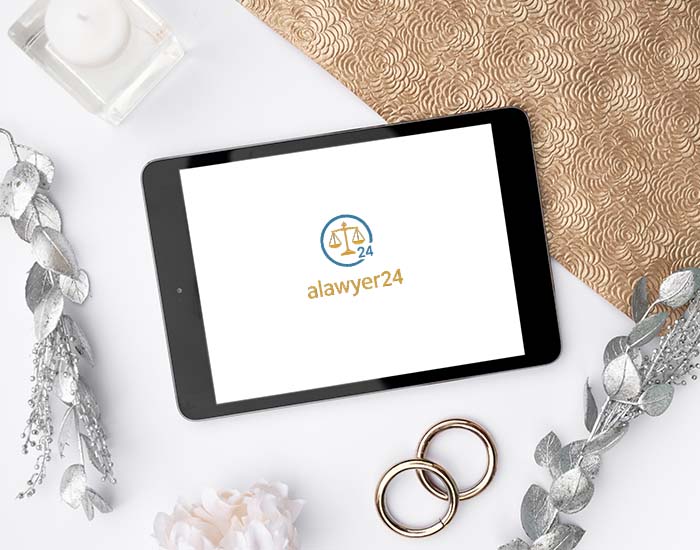Online Nikah in Pakistan – A Complete Guide
In today’s digital age, many traditional processes have adapted to modern technology, and marriage is no exception. Online Nikah in Pakistan has emerged as a convenient and legally recognized way for couples to solemnize their marriage without being physically present in the same place. Whether due to distance, overseas residence, or other practical reasons, this process provides a lawful alternative while ensuring all Islamic and legal requirements are fulfilled.
Understanding Online Nikah
Online Nikah, also referred to as a “remote marriage” or “proxy marriage,” involves solemnizing the marriage contract when one or both spouses cannot attend in person. The ceremony is conducted through modern communication tools such as video calls, with the presence of a legal representative (Wakil) and witnesses. The process remains fully compliant with the requirements of Islamic law as well as the Family Laws of Pakistan.
Legal Basis in Pakistan
Online Nikah is valid under Pakistani law as long as the following conditions are met:
Presence of a Nikah Khawan (Marriage Registrar): An authorized individual performs the Nikah and records it.
Appointment of a Vakil/Representative: If the bride or groom cannot be physically present, they may appoint a representative to act on their behalf.
Witnesses: At least two adult Muslim witnesses must be present to validate the Nikah.
Registration: The Nikah Nama (marriage contract) is signed and registered with the Union Council or relevant authority.
The process is governed by the Muslim Family Laws Ordinance, 1961, which ensures that marriages conducted via representation are legally binding and officially recognized.
Step-by-Step Process of Online Nikah
Initial Consultation: The couple or their families consult with a Nikah service provider or a legal professional to understand the requirements.
Document Preparation: Both parties prepare and submit required documents, including CNIC copies, photographs, and any supporting paperwork (such as divorce certificate in case of second marriage, or death certificate of a previous spouse if applicable).
Wakil Appointment: If one partner is abroad or unable to attend, they appoint a Wakil (representative) through a power of attorney, which may be attested by the Pakistani embassy or consulate.
Nikah Ceremony: The Nikah Khawan conducts the ceremony online, with the consent of both spouses, presence of witnesses, and recitation of Ijab-o-Qabool (offer and acceptance).
Registration of Nikah Nama: After the ceremony, the marriage contract is completed and registered with the relevant authority. The bride and groom (or their representatives) sign the document, ensuring its legal status.
Marriage Certificate Issuance: The registered Nikah Nama is issued, and in cases where the spouse resides abroad, the document can be attested by the Ministry of Foreign Affairs for international recognition.
Benefits of Online Nikah
Convenience: Ideal for overseas Pakistanis who cannot travel due to work, study, or immigration restrictions.
Legally Secure: The process is compliant with Pakistani family laws, ensuring full legal recognition.
Time-Saving: Eliminates the need for travel and lengthy formalities.
Religious Authenticity: Conducted according to Islamic principles, with no compromise on faith-based requirements.
Conclusion
Online Nikah in Pakistan offers a practical and lawful solution for couples separated by distance or circumstance. By combining traditional values with modern technology, it ensures marriages are conducted in line with both Islamic teachings and Pakistani legal frameworks. Whether you are an overseas Pakistani or facing practical limitations, this method provides a reliable path to begin your marital journey with convenience and full legal protection.


